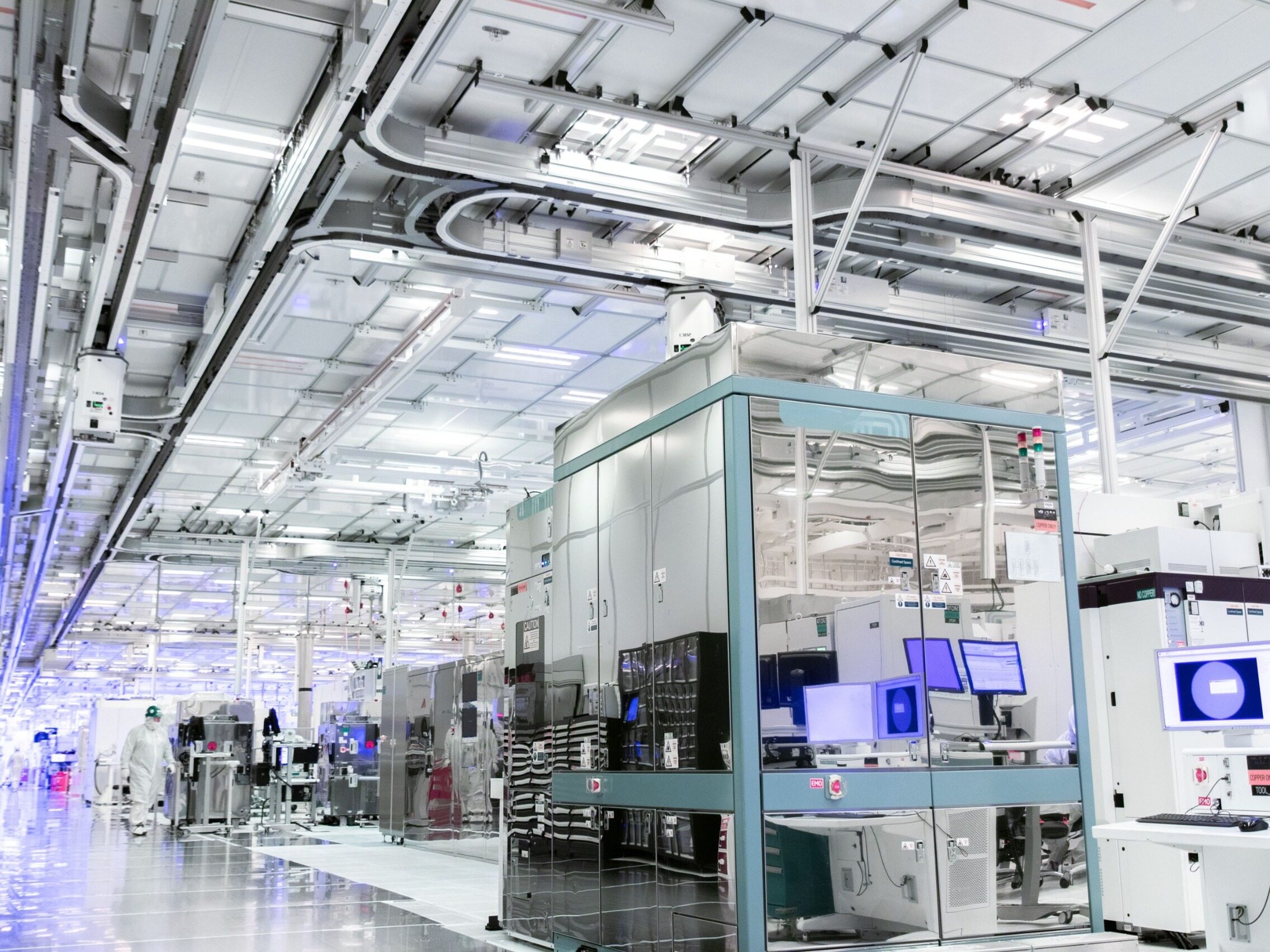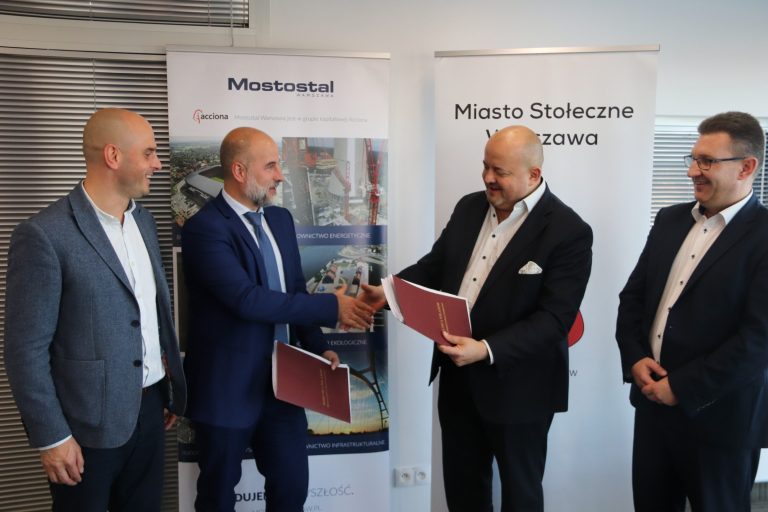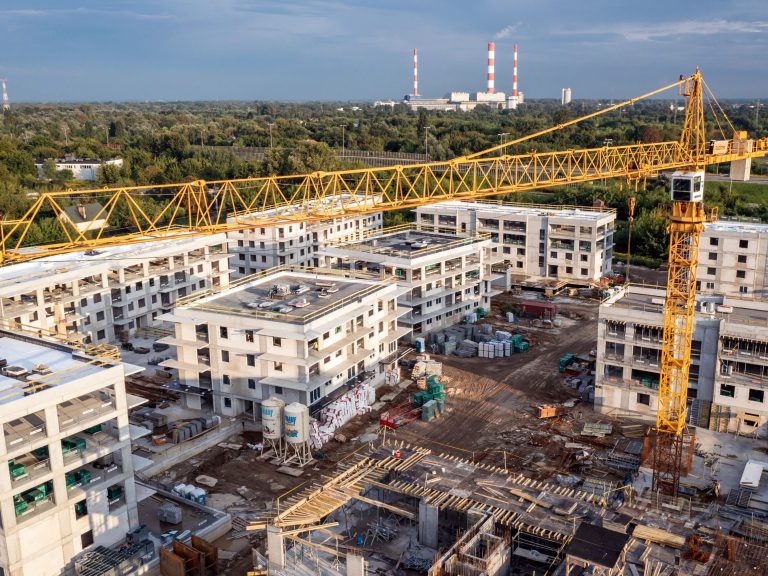Will the Intel factory be built by Germany? The verdict threatens investments in Poland

The German Constitutional Court found the climate fund that was supposed to finance, among others, illegal. Intel factory in Magdeburg. According to experts, blocking the investment may make the construction of the plant in Wrocław pointless.
Germany’s €60 billion climate fund was blocked this week by the Federal Constitutional Court, which deemed it illegal. One sixth of the amount was to be allocated to support Intel’s investment in Magdeburg. The construction of a new factory in Germany is in question. It is possible that this will have an impact on the investment planned by Intel in Wrocław.
Will the Germans find the money?
As Tomasz Smolarek, investment advisor at Noble Funds TFI, writes on the X platform, finding the missing EUR 60 billion to co-finance investments for which money from the blocked fund was supposed to be allocated may be very difficult for the German authorities.
During the current term, the government created 29 funds thanks to which it transferred expenses outside the budget. This week’s ruling may be the first in a series of similar rulings. According to the German daily Hendelsblatt, the authorities will have a choice: either they will raise taxes or incur more debts.
Both options could be disastrous. Raising taxes will mean a decline in the economic growth rate, which is already low due to the inflation crisis. In turn, greater state debt, at the current level of interest rates, will mean that debt servicing costs will increase dramatically.
A problem for Poland
Problems with Intel’s investment in Germany call into question the sense of building a plant in Poland, because the plant planned in the Miękinia commune near Wrocław is to deal with the final processing of systems produced by Intel factories in Magdeburg and Ireland. The Polish factory is to be complementary to the German one.
Both plants were scheduled to start operating in 2027. The government subsidy for investments in Magdeburg was to be 30%. total construction costs.






